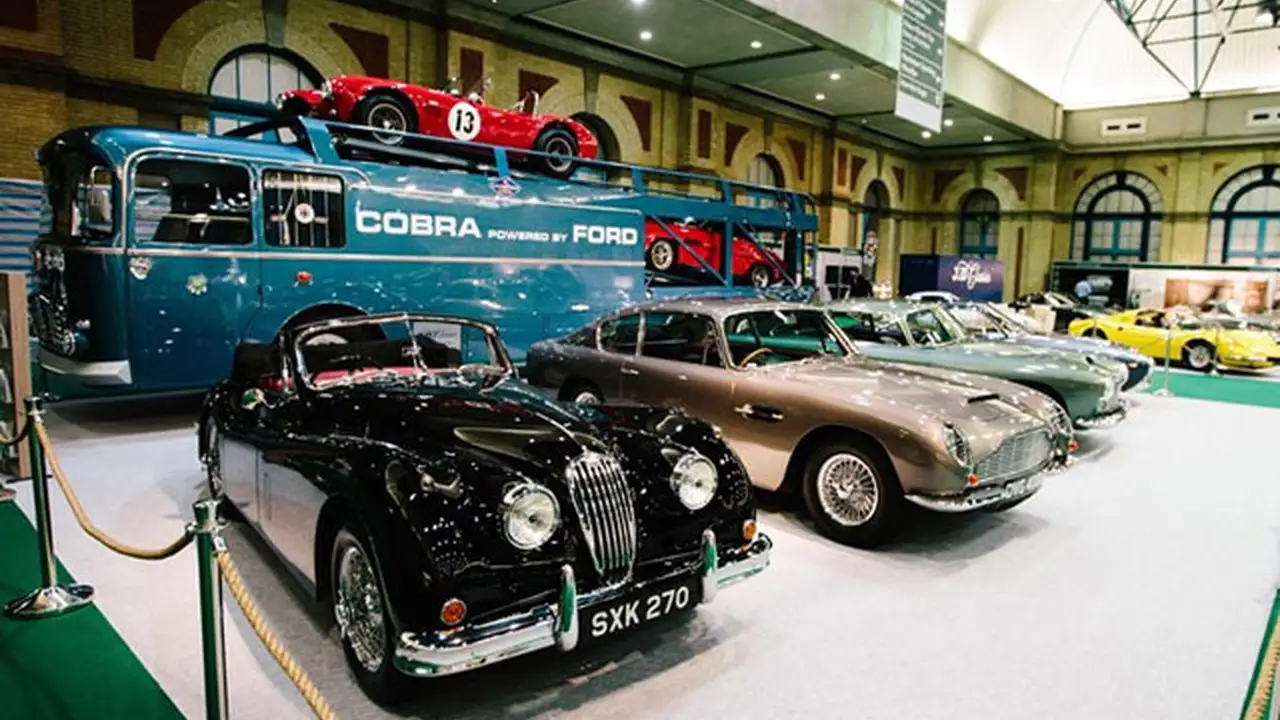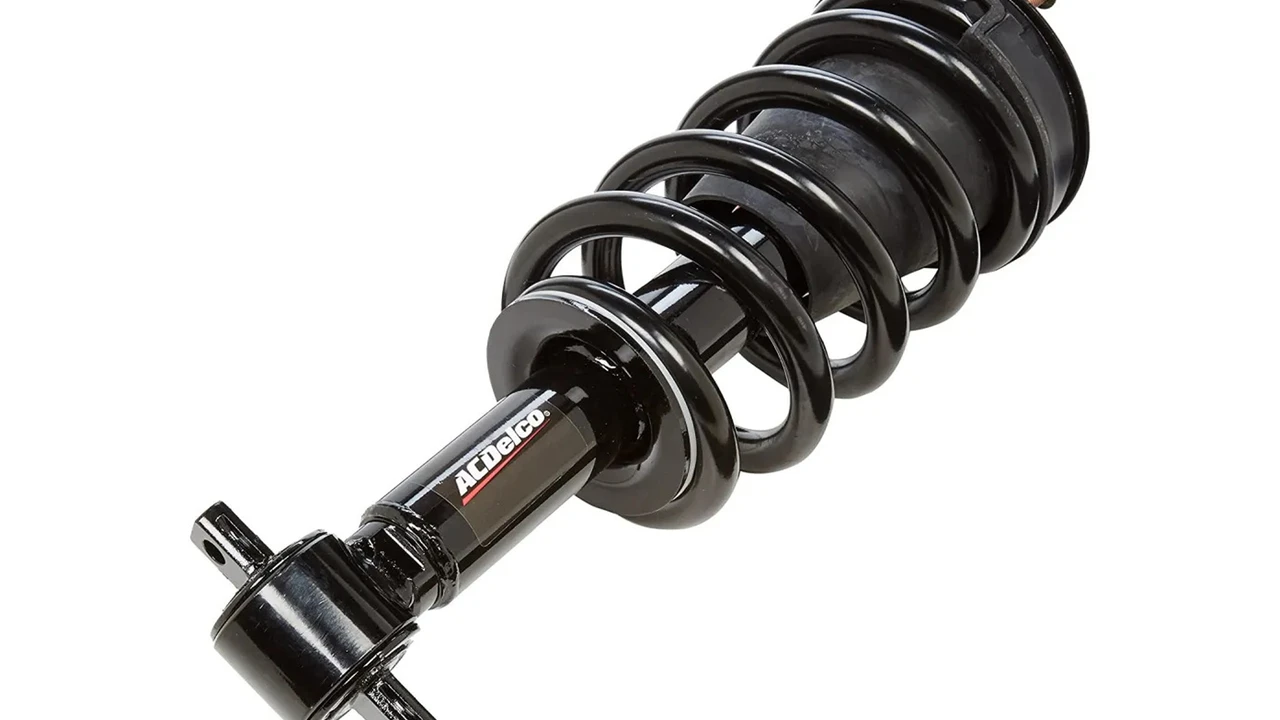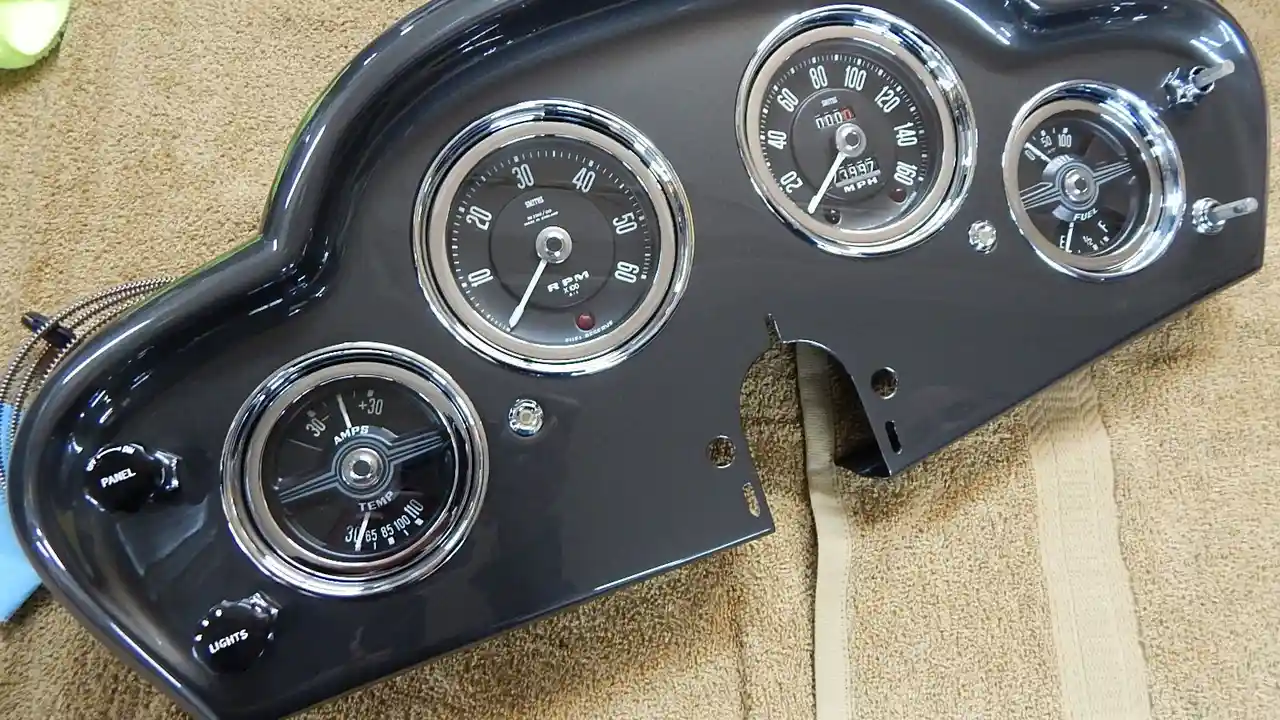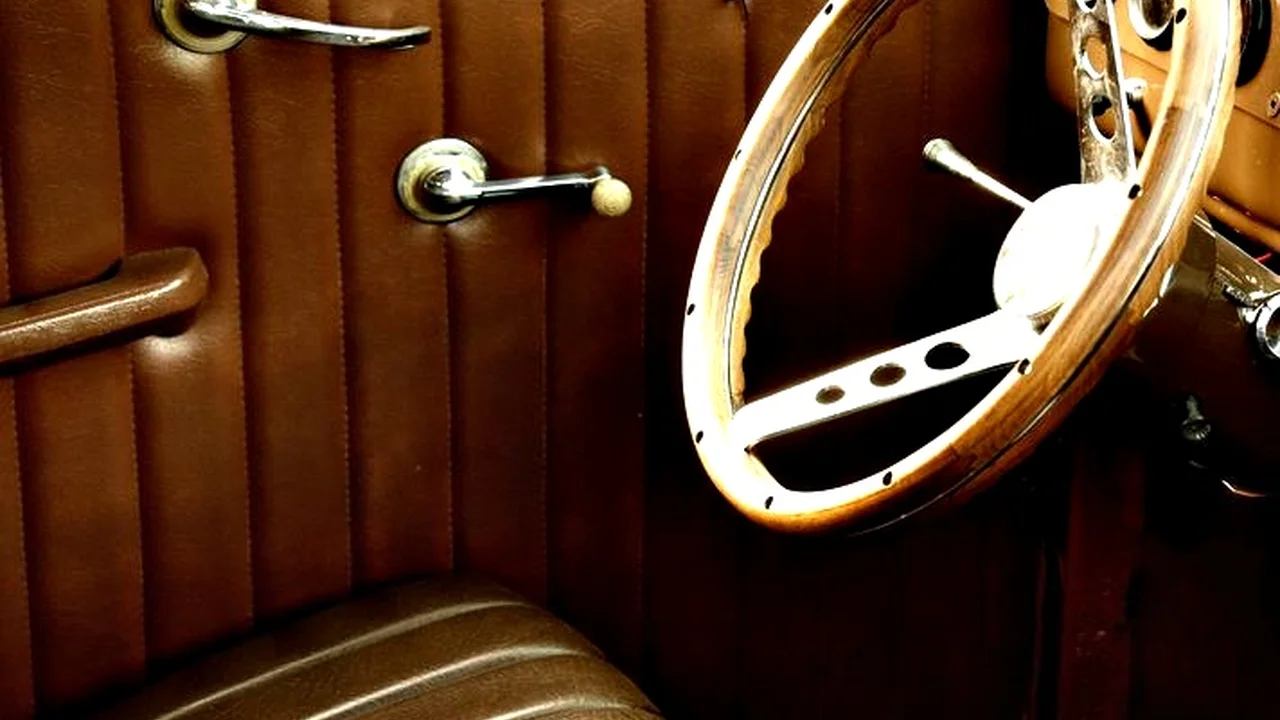How to Determine the Value of Your Classic Car
Protect your investment with classic car insurance Learn about different types of coverage and how to choose the right policy Ensure your car is adequately protected in case of an accident

Classic Car Valuation Methods Understanding Online Valuation Tools
So, you're wondering, "What's my classic car worth?" That's the million-dollar question, isn't it? Or maybe just the ten-thousand-dollar question, depending on the car. Let's dive into how to figure out what your pride and joy is really worth. One of the first places many people turn to is online valuation tools. These can give you a ballpark estimate, but remember, they're just a starting point. Think of them as a quick and dirty first look. Sites like Hagerty Valuation Tool, Hemmings, and Classic.com are popular for a reason – they pull data from recent sales and market trends. However, these tools rely on averages and might not capture the nuances of your specific vehicle.
For example, let’s say you have a 1967 Ford Mustang Fastback. An online tool might tell you it’s worth somewhere between $40,000 and $80,000, depending on condition. But what if yours has a rare engine option or a documented racing history? That's where the generic valuation falls short. These tools are great for a general idea, but don’t hang your hat on them as the definitive answer.
Professional Classic Car Appraisal Services Detailed Analysis
If you want a more precise valuation, consider a professional appraisal. A qualified appraiser will conduct a thorough inspection of your car, taking into account its condition, originality, and any unique features. They'll also research comparable sales and market trends to provide you with an accurate and defensible valuation. Think of it as getting a medical checkup for your car – a professional looks under the hood (literally and figuratively) and gives you a detailed assessment.
Finding the right appraiser is key. Look for someone with experience in classic car valuation and a good reputation. Ask for references and check their credentials. Organizations like the American Society of Appraisers (ASA) and the International Vehicle Appraisers Network (IVAN) can help you find qualified appraisers in your area. Be prepared to pay for their services – appraisals can range from a few hundred to several thousand dollars, depending on the complexity of the job. But the peace of mind and accuracy they provide can be well worth the investment.
Analyzing Classic Car Market Trends Auction Results and Price Guides
Staying informed about market trends is crucial for understanding the value of your classic car. What's hot right now? What's not? What's predicted to appreciate in the future? Auction results are a great indicator of market demand. Sites like RM Sotheby's, Gooding & Company, and Bonhams publish detailed results of their auctions, including prices realized and descriptions of the vehicles sold. Pay attention to the trends – are certain makes or models consistently fetching high prices? Are there any surprising results that could indicate a shift in the market?
Price guides, such as those published by Hemmings and Hagerty, provide a snapshot of current market values for a wide range of classic cars. These guides are updated regularly and reflect recent sales data and expert analysis. Keep in mind that price guides are just that – guides. They should be used as a starting point for your research, not as the final word on value. The actual value of your car will depend on its individual characteristics and condition.
Condition Assessment Evaluating Classic Car Condition and Originality
Condition is king, plain and simple. A pristine, numbers-matching classic car will always be worth more than a rough, modified example. But how do you assess condition objectively? There are several rating systems used in the classic car world, ranging from "Concours" or "Showroom" condition to "Parts Car" or "Project Car." Hagerty uses a scale of 1 to 6, with 1 being the best and 6 being the worst. Here’s a breakdown:
- Condition 1: Concours or Showroom Ready: These cars are flawless, as close to perfect as possible. They've typically undergone a professional restoration and are in better condition than they were when new.
- Condition 2: Excellent: These cars are well-maintained and show minimal signs of wear. They may have been restored or are exceptionally well-preserved originals.
- Condition 3: Good: These cars are presentable and mechanically sound. They may have some minor cosmetic flaws but are generally in good driving condition.
- Condition 4: Fair: These cars are showing their age and may require some work. They may have significant cosmetic flaws and some mechanical issues.
- Condition 5: Poor: These cars are in need of significant restoration. They may have extensive rust, damage, or missing parts.
- Condition 6: Parts Car: These cars are beyond repair and are only suitable for parts.
Originality also plays a significant role in valuation. A car that retains its original engine, transmission, and other components will typically be worth more than one that has been modified or updated. "Numbers-matching" refers to a car where the engine and transmission serial numbers match the original factory records. This is a highly desirable feature for collectors.
Documentation Importance of Historical Records and Provenance
Paperwork, paperwork, paperwork! It might sound boring, but proper documentation can significantly increase the value of your classic car. Original sales receipts, service records, owner's manuals, and even old photographs can provide valuable insights into the car's history and provenance. A well-documented car is easier to authenticate and verify its originality. It also tells a story – a story that can resonate with potential buyers.
Provenance refers to the car's history of ownership and notable events. Was it owned by a celebrity? Did it participate in a famous race? These types of connections can add significant value to a classic car. For example, a Ferrari once owned by Steve McQueen would be worth considerably more than an identical car without that provenance.
Product Recommendations for Classic Car Valuation Resources
Hagerty Valuation Tool: Online Resource
Description: Hagerty is a well-known name in the classic car world, and their valuation tool is a popular resource for enthusiasts. It provides a range of values based on condition and model year, updated regularly with market data. Usage Scenario: Quick initial assessment of a classic car's potential value. Comparison: More comprehensive than some free online tools, but not as detailed as a professional appraisal. Price: Free to use for basic valuations; paid subscription for more in-depth data.
Hemmings Motor News: Print and Online Resource
Description: Hemmings offers a wealth of information for classic car enthusiasts, including price guides, classified ads, and articles on restoration and valuation. Usage Scenario: Researching market trends and finding comparable sales. Comparison: Offers a broader range of information than some specialized valuation tools, but may not be as up-to-date. Price: Subscription required for full access to online content; print magazine available for purchase.
Classic.com: Online Resource
Description: Aggregates auction results and sales data from various sources, providing a comprehensive overview of the classic car market. Usage Scenario: Tracking market trends and identifying undervalued vehicles. Comparison: Focuses primarily on sales data, so it may not be as helpful for assessing condition or originality. Price: Free to use for basic data; paid subscription for more advanced features.
American Society of Appraisers (ASA): Professional Appraisal Service
Description: A professional organization that certifies appraisers across various fields, including classic cars. Usage Scenario: Obtaining a formal appraisal for insurance purposes, estate planning, or sale of a vehicle. Comparison: Provides the most accurate and defensible valuation, but also the most expensive option. Price: Varies depending on the appraiser and the complexity of the job, typically ranging from $500 to $5000+.
International Vehicle Appraisers Network (IVAN): Professional Appraisal Service
Description: Similar to ASA, IVAN is another organization that certifies and connects individuals with professional appraisers. Usage Scenario: Similar to ASA, IVAN provides appraisal services for classic, antique, and specialty vehicles. Comparison: Like ASA, IVAN appraisers are experts in the field and can provide accurate and defensible valuations. Price: Varies depending on the appraiser and the complexity of the job, typically ranging from $500 to $5000+.
Tips for Maximizing Your Classic Car's Value
- Maintain detailed records: Keep track of all maintenance, repairs, and modifications.
- Preserve originality: Avoid unnecessary modifications that could detract from the car's value.
- Address cosmetic flaws: Even minor cosmetic issues can impact the perceived value of your car.
- Store your car properly: Protect your car from the elements to prevent damage and deterioration.
- Get a professional appraisal: A formal appraisal can provide you with an accurate and defensible valuation.
Determining the value of your classic car is a multifaceted process that requires careful research, objective assessment, and a good understanding of market trends. By using a combination of online tools, professional appraisals, and market analysis, you can get a realistic estimate of your car's worth and make informed decisions about buying, selling, or insuring your prized possession. Remember, every classic car has a unique story to tell. Understanding its history and preserving its originality is key to unlocking its true value.
:max_bytes(150000):strip_icc()/277019-baked-pork-chops-with-cream-of-mushroom-soup-DDMFS-beauty-4x3-BG-7505-5762b731cf30447d9cbbbbbf387beafa.jpg)






